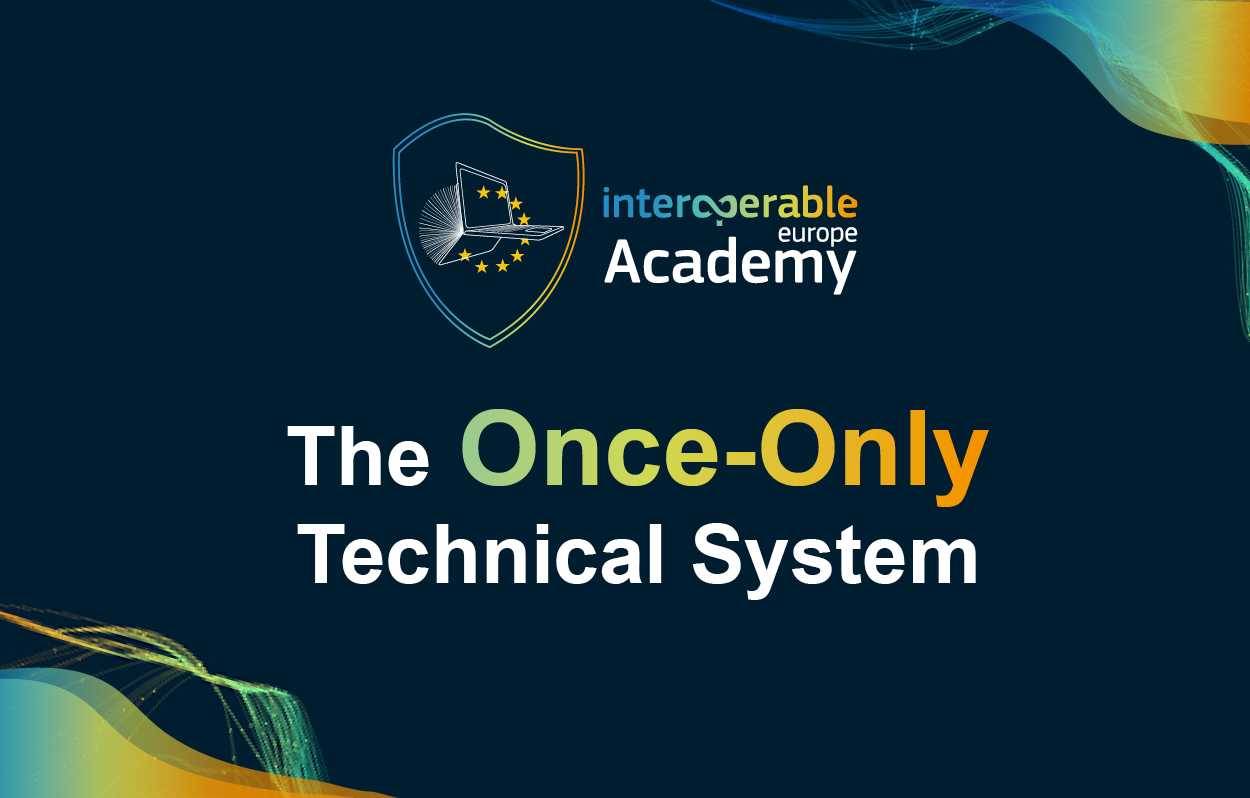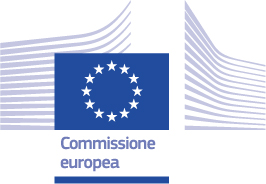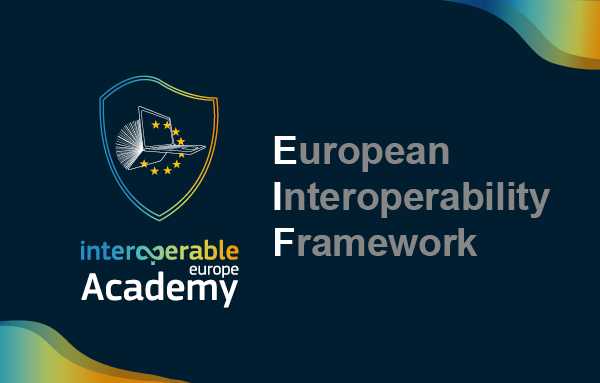The Once Only Technical System
Descrizione del corso
This eLearning course
introduces the Once-Only Technical System which lets EU public authorities
securely exchange official documents and data at the request of citizens and
businesses as part of cross-border administrative procedures. The course will
provide context, background and definitions of the Once Only
Technical System, with further sections examining the user journey, components
and architecture, and things to think about when putting it into practice in
cross-border public services. It will also provide an overview of supporting
tools and services and a knowledge test.
Pubblico di destinazione
The target audience includes:
- IT professionals in public administration,
- Implementers of cross-border digital public services,
- eGovernment project managers, those involved in developing, implementing, or managing eGovernment solutions,
- Policymakers,
- Stakeholders in standardization processes within the EU.
Obiettivi formativi
- Explain how once only principle can contribute to the EIF principle for user centricity.
- Locate resources and material for the Once Only Principle implementation.
- Explain how the Once Only Technical System can help in cross-border evidence exchange.
- Describe the main components of the Once Only Technical System (procedure portals, evidence providers, common services).
- Explore and search information in the Once Only Hub and the Evidence Explorer.
- Describe the role of e-delivery in Evidence request, Evidence provision and the Life Cycle Management of Common Services information.
- Explain the role of Once Only hub for implementers.
- Locate Once Only Technical System Common Services APIs specifications
Questo contenuto è offerto dalla Commissione Europea. La Commissione Europea è il braccio esecutivo politicamente indipendente dell'Unione Europea. È l'unico responsabile dell'elaborazione delle proposte di nuova legislazione europea e attua le decisioni del Parlamento europeo e del Consiglio dell'U

Programma
- Introduction
- Course
- Quiz
- Feedback
- Certificate of Completion
- !! Report any Technical Issue here !!



